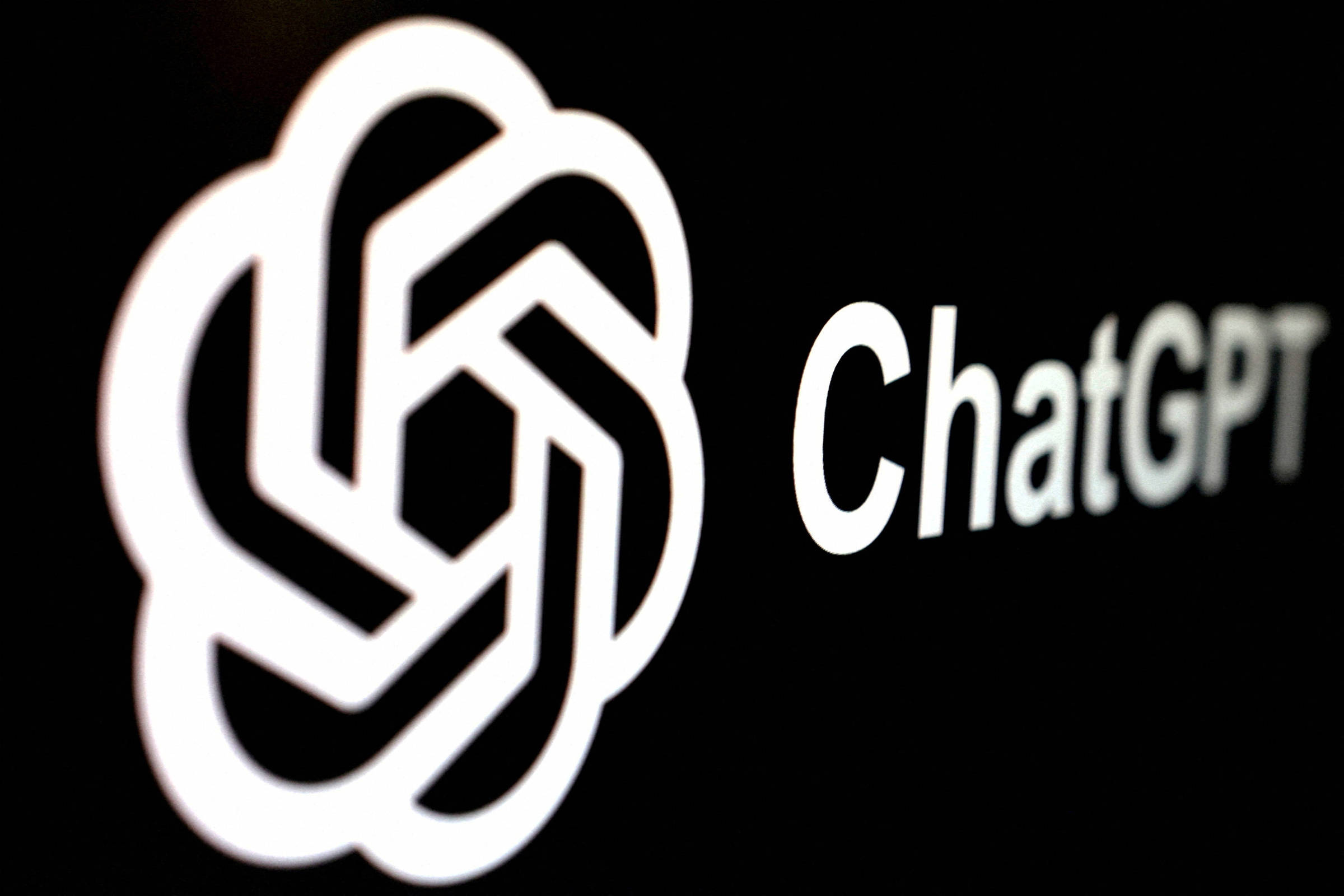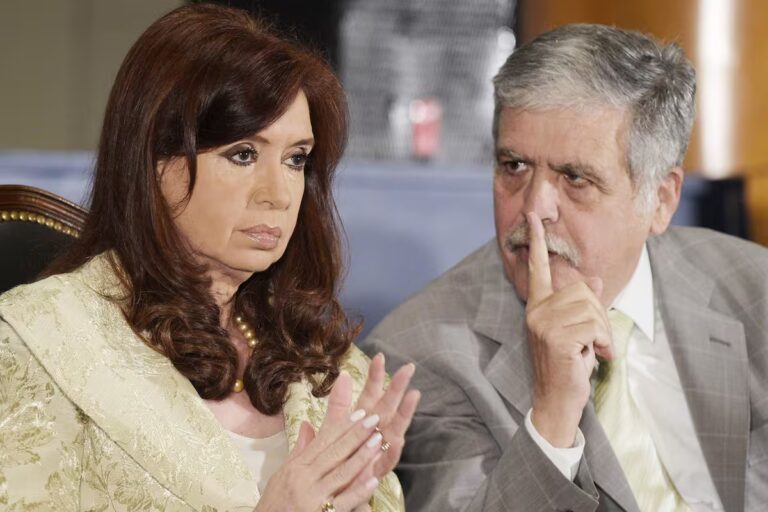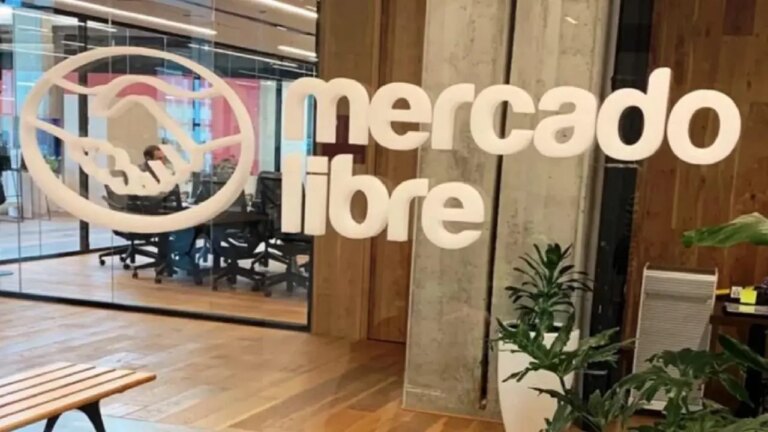
OpenAI on Wednesday appealed to a federal judge in New York to overturn a ruling that required the startup to hand over 20 million anonymous records of ChatGPT conversations amid copyright infringement lawsuits brought by The New York Times and other media outlets. There is an argument that this would expose users’ private interactions.
The artificial intelligence company claimed that handing over the records would reveal sensitive user information and that “99.99%” of the records had nothing to do with the allegations in the case.
“To be clear, anyone in the world who has used ChatGPT in the past three years may have their private conversations turned over to the Times and examined at will in a speculative investigation,” the startup said in a court filing.
Media companies say the records are needed to determine whether ChatGPT has copied copyrighted content and to refute OpenAI’s claims that it “hacked” the chatbot’s responses to fabricate evidence.
The complaint alleges that OpenAI improperly used protected content to train ChatGPT to respond to user requests.
In her ruling, Judge Ona Wang said users’ privacy is protected by the company’s “radical anonymization” and other safeguards. OpenAI has set a deadline of Friday (14th) to create the transcript.
Dane Stuckey, OpenAI’s chief information security officer, said in a company blog post Wednesday that sharing the records violates privacy and security measures and would “require us to hand over tens of millions of private conversations from people unrelated to the Times’ baseless lawsuit.”
A New York Times spokesperson said OpenAI’s blog post “deliberately misleads users and omits facts.”
“ChatGPT users’ privacy is not at risk,” the spokesperson said. “Pursuant to the legal protection order, the court ordered OpenAI to provide samples of its own anonymized chats.”
The OpenAI lawsuit is one of many pending against technology companies over the alleged misuse of copyrighted works to train AI systems.



